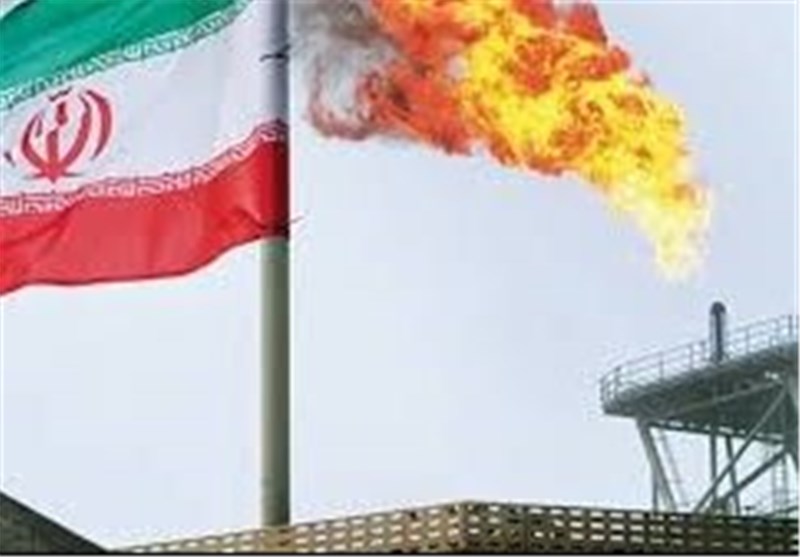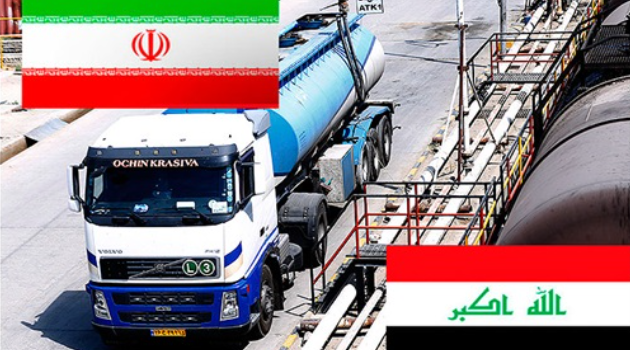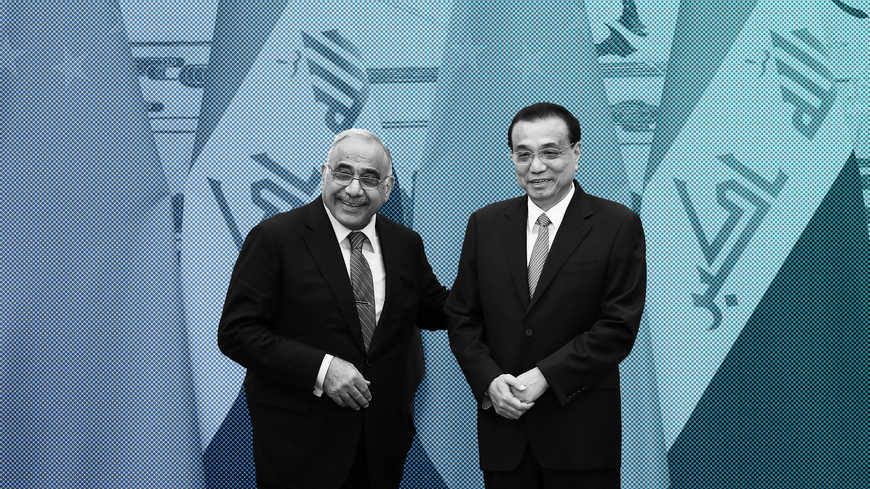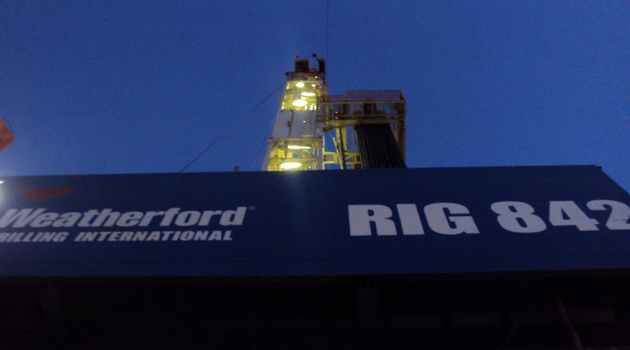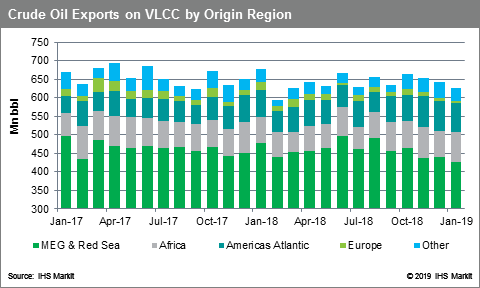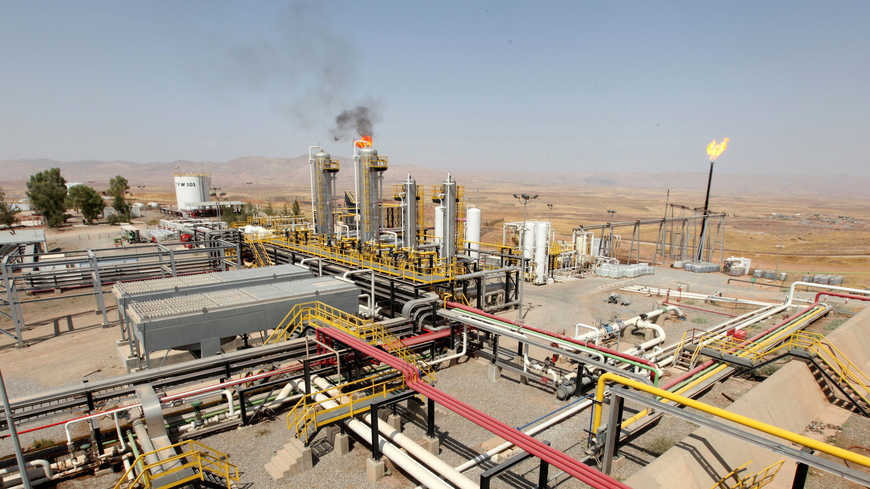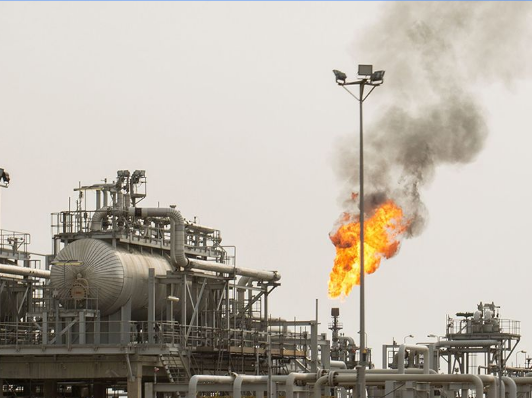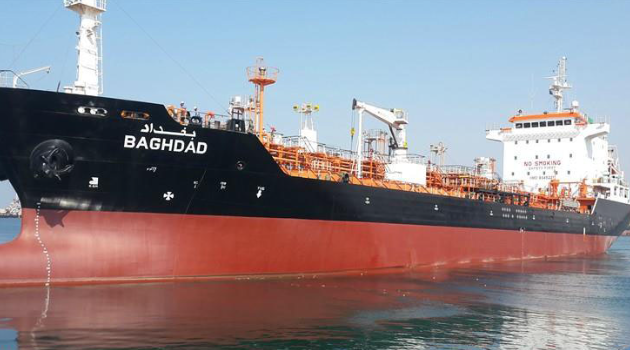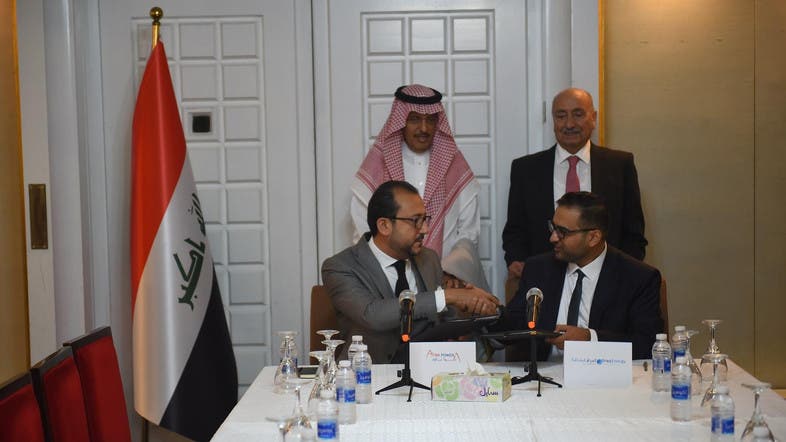By Ahmed Mousa Jiyad.
Any opinions expressed are those of the authors, and do not necessarily reflect the views of Iraq Business News.
Transparency in the Arab Countries’ Upstream Petroleum Sector- Iraq as case study*
While upstream petroleum sector is either dominant or has significant importance in many Arab economies of MENA region, the transparency of the sector is alarmingly lacking; this is manifested by their “formal” association with Extractive Industry Transparency Initiative (EITI), which is extremely limited and their Resource Governance Index (RGI) and Corruption Perception Index (CPI) that are too poor.
This presentation comprises three parts;
The first part addresses, briefly, the essence of transparency and what it entails:
- Full disclosure & availability of and accessibility to related Data & Information;
- Openness, answerability, accountability;
- Multiplicity of involved, reporting or concerned entities;
- Objective, Independent & Verifiable Indicators;
- Transparency is not rhetorical claim; it is evidence-based;
- Reconciliation of data: Materiality, Identifiably, Measurability;
- Constitutional Premises (ownership) Right and Rights Based Development- RBD
Also, this part provides a selection of most known international entities specialized in the matter; these are EITI, Natural Resource Governance Institute (NRGI), Transparency International (TI), Publish What You Pay (PWYP) and the Fund for Peace. Each of these entities has its distinct methodology, working procedures and publications. In addition to them, this part refers to the IMF’ Fiscal Transparency Code.
The second part exhibits charts on the standing of the Arab countries based on the latest available data and information from three international entities: EITI, NRGI-RGI and TI-CPI.
As on September 2019 only Mauritania has “meaningful progress” standing with EITI; Iraq was “suspended” since October 2017 due to “inadequate progress” and Yamen was “suspended” on February 2015 due to “political instability”, then in October 2017, Yemen was “delisted” and, thus, could be invited to reapply to the EITI once conditions were again favourable for implementation.
Obviously, the above manifests extremely poor standing (in number of countries and their status) with EITI.
The NRGI’ RGI measures the quality of resource governance in countries that together produce 82 percent of the world’s oil, 78 percent of its gas and a significant proportion of minerals, including 72 percent of all copper. RGI is the product of 89 country assessments (eight countries were assessed in two sectors), compiled by 150 researchers, using almost 10,000 supporting documents to answer 149 questions.
NRGI’s RGI for 2017 (oil and gas only) covers 89 countries and provides their “Score” on a scale of 100 and “Rank” of 89. RGI 2017 classifies the standing of countries according to their scores into: Good (>74); Satisfactory (60:74); Weak (45:59); Poor (30:44) and Failing (<30).
All the 12 Arab countries covered by RGI scored less than 60 out of 100. Countries with Weak score are Tunisia, Kuwait and Oman. Those scored poorly are Qatar, UAE, Bahrain, Egypt, Iraq, Saudi Arabia, Algeria and Yamen. Finally, Libya scored failing.
TI’ CPI 2018 draws on 13 surveys and expert assessments to measure public sector corruption in 180 countries and territories, giving each a Score from zero (highly corrupt) to 100 (very clean) and their Ranks accordingly.
Syria, Yemen, Sudan, Iraq and Lebanon each scored less than 30; Egypt, Algeria, Kuwait, Tunisia, Morocco, Jordan and Saudi Arabia scored over 30 up to 50; Oman, Qatar and UAE scored over 50 to 70.
Since both RGI and PCI are composite indexes, there is strong correlation between Scores and Ranks: low scores are associated with high rank numbers; high rank number means at the bottom of the list.
In conclusion all the standing of Arab countries is alarmingly very poor and disappointing with EITI, NRGI and TI.
The third part of the presentation focuses on Iraq as a case study on transparency through its association and experience with EITI.
Briefly, Government of Iraq (GoI) launched (2007/8) the International Compact with Iraq (ICI) in cooperation with the UN and the WB. ICI specifically calls to, “Establish and implement mechanisms to ensure transparency of petroleum sector flows”.
The government publicly announced its commitment to work with all stakeholder groups at the 4th EITI Global Conference in Doha, Qatar, in February 2009, and then made formal commitment to EITI at the Iraq EITI (IEITI) launching conference on 10-11 January 2010; a month later the country was accepted, by EITI Board, as a Candidate.
The first validation report, prepared by EITI’ International Secretariat- IS staff, endorsed by Adam Smith International- ASI, prompted EITI Board to announce, on 12 December 2012, Iraq as “Compliant” country under EITI rules and process. On 3 April 2013, IEITI organized big event in Baghdad celebrating this achievement by Iraq.
A team from EITI-IS visited Iraq during 1-9 April 2017 and held numerous meetings in Baghdad and, also, in Dubai (UAE); IS Report presents the findings and initial assessment of the data gathering and stakeholder consultations and followed EITI usual and unified “Validation Procedures” and applied the “Validation Guide” in assessing Iraq’s progress with the EITI Standard.
Iraq was found to have inadequate progress in implementing the EITI Standard in October 2017. The country status as “compliant member” was suspended and, according to EITI rules, was given a grace period to rectify the shortcomings to achieve at least “Meaningful” progress on all identified requirements.
Why and what went wrong
The presentation highlights and discussed questions relating to why and what had led to such suspension under the following headlines:
- “Mission accomplished” and sense of complacency; frequency of MSG meetings and attendance curve
- Wrong understanding of what “compliant” status really means;
- Focus on “release on time” not on the quality and contents of the IEITI Annual Reports;
- IEITI Annual report mostly Copy & Paste; most Parts are prepared by MoO/ MIM officials and full of flaws and inaccuracies;
- Structure & composition of the MSG: dominated by Government representatives, IOCs not active, CSO lack understanding of Extractive Industry and language;
- Big Secretariat, weak national capacity contribution and complete reliance on the Administrator;
- Opposing domestic views: useless/invisible; event-base; abused by authorities and two extreme views (Rosy vs. UN full control!):
- Surprising passivism on Corruption!!!!!!;
- IEITI itself is a Black Box
- Limited impacts that led to diminishing international support and lack of funding e.g., NORAD; NRGI: from “priority country” to “Limited engagement” to only in “RGI”;
What are next and the way forward
In this part, the presentation reviewed responses and actions taken by the Iraqi authorities since the suspension: From the initial “muteness” and “passivism” October -2 November 2018,….., to 4 Nov 2018 alerting article; Committees & changes, …; February 2019 Baghdad Conference; EITI-IS second validation; EITI Global Conference, Paris- June 2019.
In case of re-instating Iraq “Compliant” status, IEITI still has to take specific necessary measures and actions for real impacts instead of making rhetorical statements; such measures and actions were proposed, justified and discussed during the presentation. The PowerPoint slides are attached herewith.
* Presentation delivered before the 12th Middle East and North Africa Oil & Gas Conference, organized by Target Exploration www.targetexploration.com, Imperial College, London, UK. 18 September 2019. I am very grateful to Target Exploration for sponsoring my participation.
Click here to download the PowerPoint slides presented at the conference.
Mr Jiyad is an independent development consultant, scholar and Associate with the former Centre for Global Energy Studies (CGES), London. He was formerly a senior economist with the Iraq National Oil Company and Iraq’s Ministry of Oil, Chief Expert for the Council of Ministers, Director at the Ministry of Trade, and International Specialist with UN organizations in Uganda, Sudan and Jordan. He is now based in Norway (Email: mou-jiya(at)online.no, Skype ID: Ahmed Mousa Jiyad). Read more of Mr Jiyad’s biography here.

